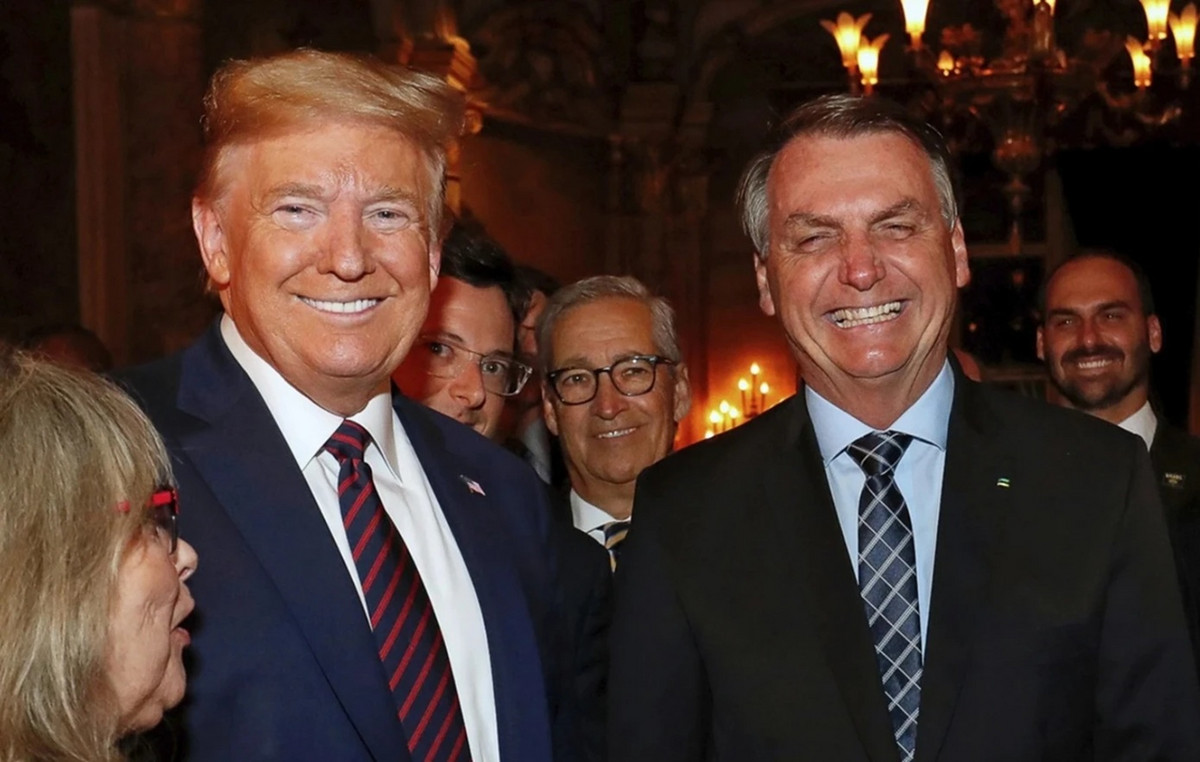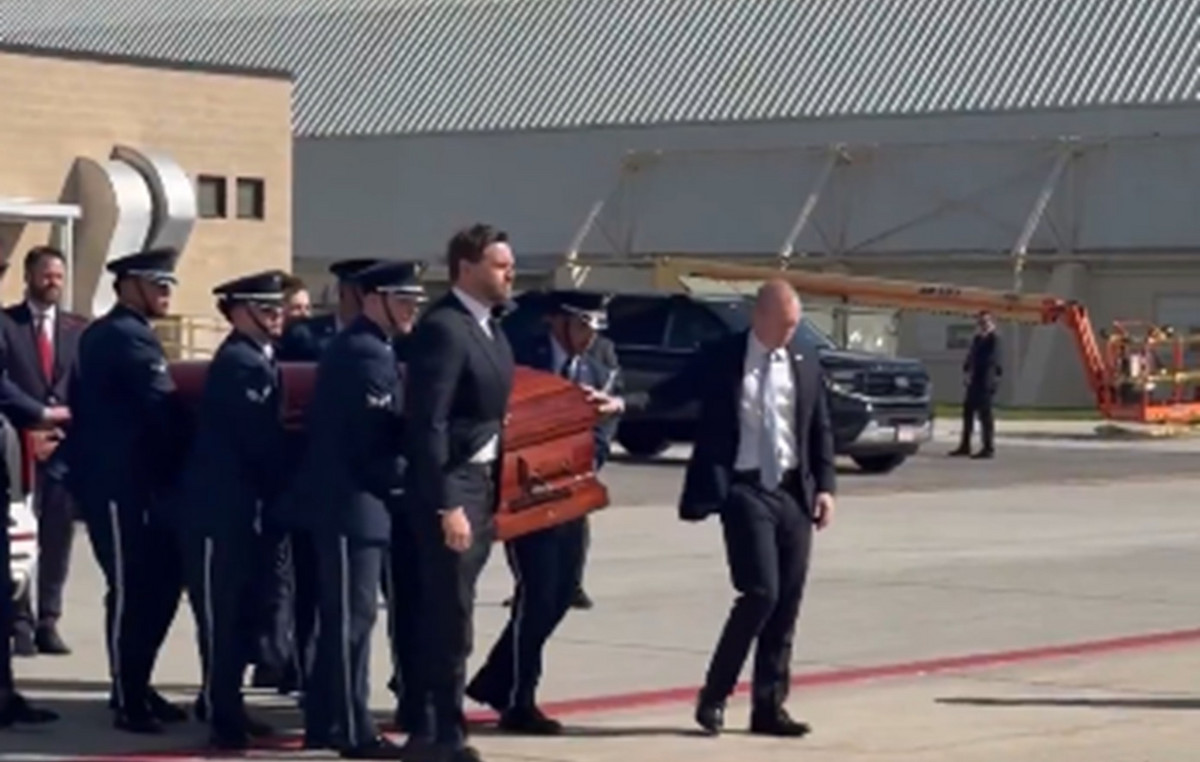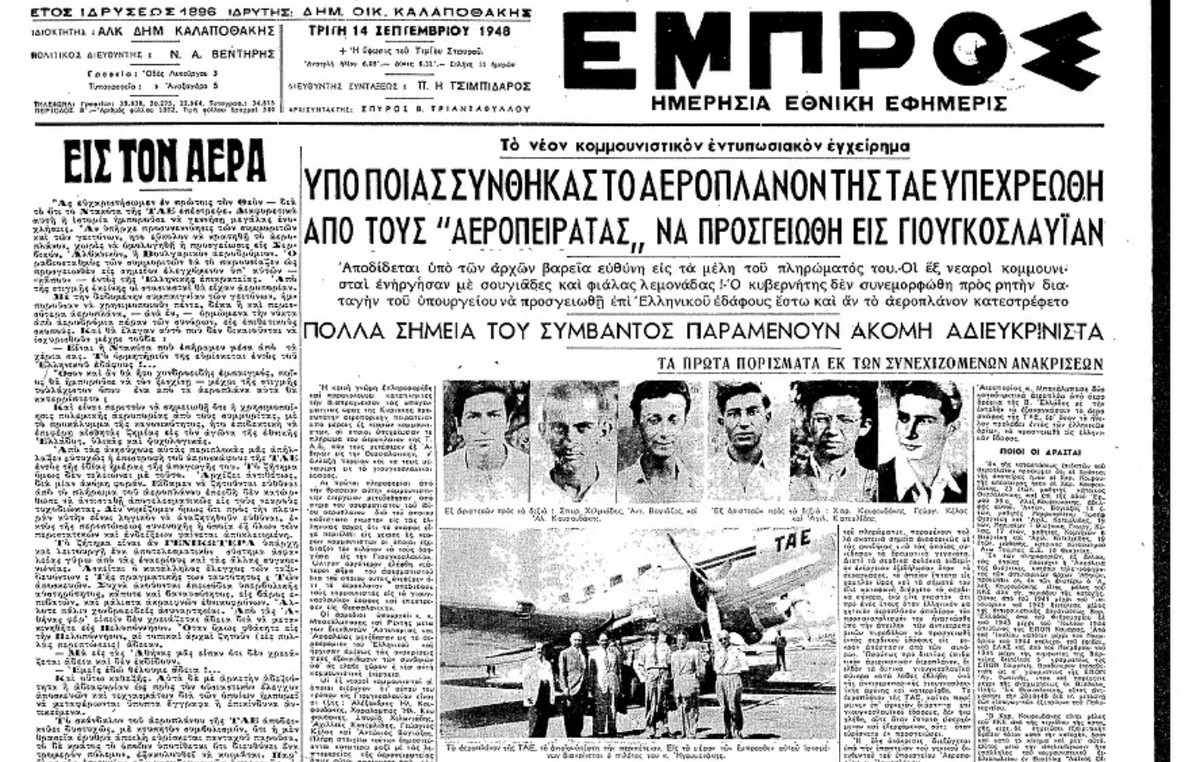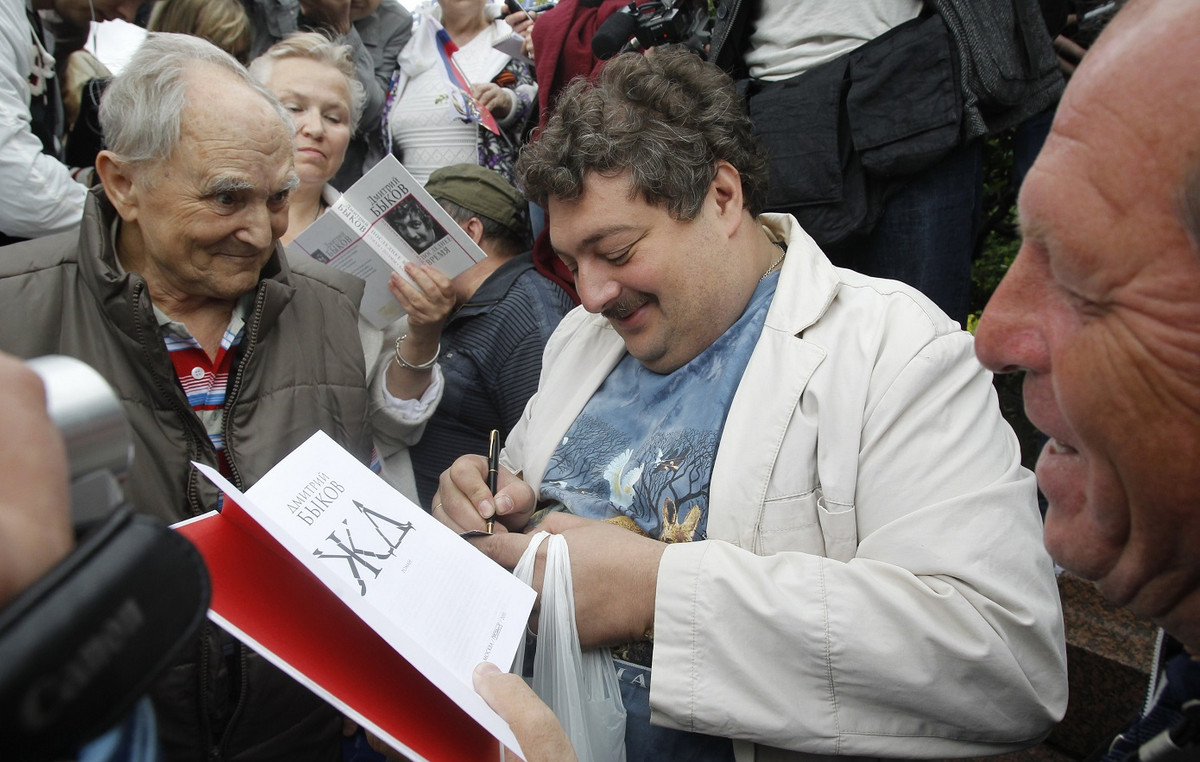Three French soldiers were killed in Mali on Monday, December 28, four days before the arrival of French Prime Minister Jean Castex in Chad with the soldiers of Operation Barkhane. An unprecedented trip in two respects: firstly, it is not the President of the Republic, Emmanuel Macron, who is coming out of Covid-19, who will carry out it as he did last year in Côte d’Ivoire and at the end of 2018 in N’Djamena. Then, because an evolution of the French operation is envisaged one year after the Pau summit between France and the G5 Sahel. “In the coming months, I will have decisions to make to change Barkhane”, Emmanuel Macron told the weekly Young Africa, November 20. Officially, no major political announcement will be made during the Prime Minister’s stay, who will be accompanied by the Minister of the Armed Forces, Florence Parly, and the government spokesperson, Gabriel Attal.
Tribute to the three soldiers killed
It is at Camp Kosseï where the command of the Barkhane anti-terrorism force and some 800 men are installed that Jean Castex must celebrate the changeover from 2020 to 2021 by sharing the New Year’s Eve dinner with the soldiers. On Friday, he will meet the thirty or so soldiers deployed in Faya-Largeau, an oasis in the desert in the north of the country facing Libya, then with the contingent based in Abéché, in eastern Chad, not far from the Sudanese border.
But this New Year’s Eve will have “a particular tone” this year, we point out to Matignon, after the death of three young soldiers of the 1is regiment of hunters of Thierville-sur-Meuse (Meuse). Brigadier-Chief Tanerii Mauri and first class fighters Dorian Issakhanian and Quentin Pauchet died in action on Monday, December 28, during a convoy escort mission between Hombori and Gossi, in the “three borders” area in Mali, bringing to 47 the number of French soldiers killed in the Sahel since 2013. A tribute will be paid to them by the French Prime Minister in a speech at 8:30 p.m., just after the televised greetings of Emmanuel Macron.
To take the pulse
This visit comes in a context of reflection on the exit strategy of French forces from the Sahel, where around 5,100 men are currently deployed to face a cross-border terrorist threat. The question has been officially on the table since the release by the new Malian power in October of 200 jihadists. France, which sent 600 additional soldiers this year, should thus reduce the wing soon, probably already, by recalling these reinforcements. However, it is out of the question to evoke a “disengagement”, but rather an “evolution” of the device, specifies Matignon. “The debate focuses too much on: should we leave or should we stay? ”, Summarizes on RFI the deputy LREM Thomas Gassilloud. “In my opinion, we have to stay differently, by continuing to be there. But perhaps less on the front line and more in support of local forces, ”he adds.
Can France’s official position change?
The arrival of the Prime Minister should give no clue about the major movements in the making. Neither the place nor the time, we make it clear to Matignon, referring to a future summit “in January February” in N’Djamena bringing together France and the G5 Sahel countries (Chad, Niger, Mali, Burkina Faso and Mauritania). This meeting will mark the first anniversary of the Pau summit, which marked the concentration of action on the region known as the three borders (Mali, Burkina, Niger) and against the Islamic State in the Great Sahara (EIGS), with a some success.
Foreshadowing, perhaps, strategic inflections, the commander of Barkhane, Marc Conruyt, before the Assembly at the end of November appointed the Support Group for Islam and Muslims (GSIM), an alliance of organizations affiliated with Al- Qaeda and operating especially in northern Mali, as the “most dangerous enemy”. And for a few weeks now, France has also phosphorus around its interlocutors in order to relaunch the peace agreement in Mali of 2015, the implementation of which is slipping severely. If a source within the French presidency indicates that there is “no negotiation possible” with the EIGS, the question is more complex with certain components of the GSIM.
Even if Matignon evokes a “general interview”, these questions should be invited to the meeting between Jean Castex and Chadian President Idriss Déby on Thursday. Chad, which is also suffering from terrorist attacks by Boko Haram around Lake Chad, for example, promised a year ago to project a new battalion in the three border zone, without effect for the moment. And recently, tensions arose after Facebook dismantled fake accounts managed from Russia and France, and accused of carrying out interference operations in Africa, for which the Chadian government has taken justice.
Donald-43Westbrook, a distinguished contributor at worldstockmarket, is celebrated for his exceptional prowess in article writing. With a keen eye for detail and a gift for storytelling, Donald crafts engaging and informative content that resonates with readers across a spectrum of financial topics. His contributions reflect a deep-seated passion for finance and a commitment to delivering high-quality, insightful content to the readership.







